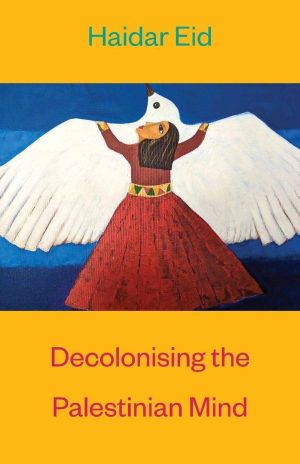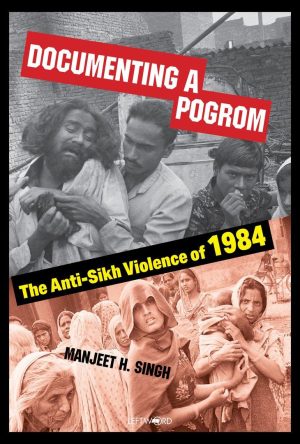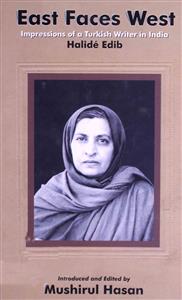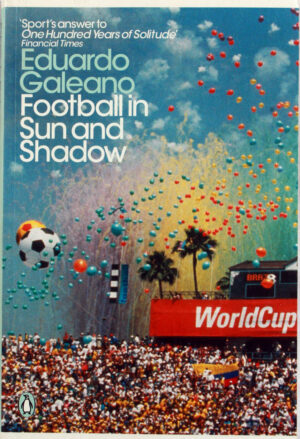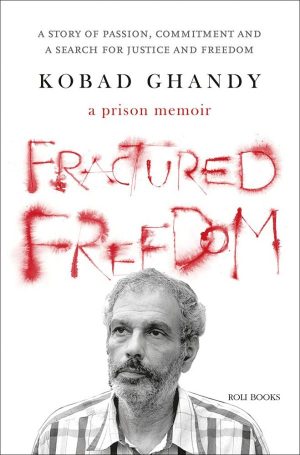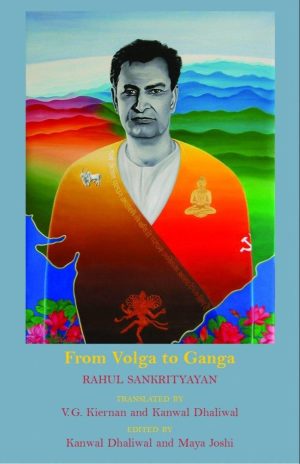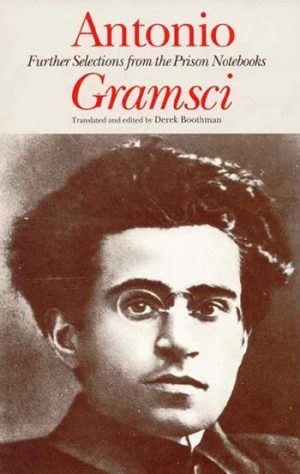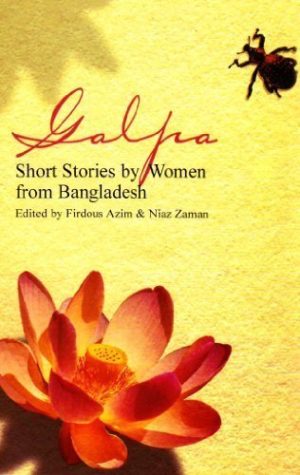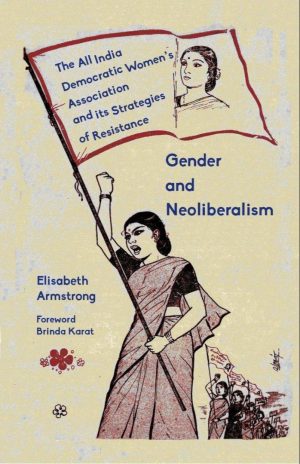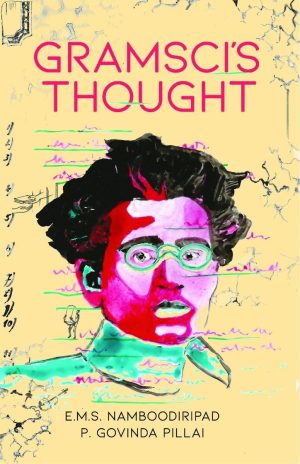SHOP
Fluent’s shop can be set to full-width, boxed.
It may have a left or right sidebar. You can set the number of columns the orientation of rows and…
Filter
In this situation of internal war, not satisfied with the knowledge offered by books and documents, Gautam Navlakha went into the heart of Bastar to get to know the Maoists first hand. This book is an account of the fortnight he spent in the guerilla zone where the Maoists run their people s government, the Jantana Sarkar. His enquiry unflinching and his perspective critical but partisan, Navlakha succeeds in the difficult task of making the demonized human, laying bare the heartland of rebellion.
East, West is a 1994 anthology of short stories by Salman Rushdie. The book is divided into three main sections, entitled “East”, “West”, and “East, West”, each section containing stories from their respective geographical areas (in the “East, West” section both worlds are influenced by each other). Though Rushdie himself never divulged the exact inspirations for his stories in East, West, it is commonly thought that the central themes of each of his stories are drawn from his personal experiences as an immigrant in England during the time of the fatwas issued against his life. Rushdie weaves in many pop cultural references into his stories, just as television and Western media such as MTV and movies like Rambo have become popular throughout the world and on the Indian subcontinent. The influence and travels of Indians and Indian culture is also shown in the West.
The human face of poverty. The poor in India are, too often, reduced to statistics. In the dry language of development reports and economic projections, the true misery of the 312 million who live below the poverty line, or the 26 million displaced by various projects, or the 13 million who suffer from tuberculosis gets overlooked. In this thoroughly researched study of the poorest of the poor, we get to see how they manage, what sustains them, and the efforts, often ludicrous, to do something for them. The people who figure in this book typify the lives and aspirations of a large section of Indian society, and their stories present us with the true face of development.
Fanshen: A Documentary of Revolution in a Chinese Village is a 1966 book by William H. Hinton that describes the land-reform campaign during the Chinese Civil War conducted from 1945 to 1948 by the Chinese Communist Party in “Long Bow Village” (the name used in the book for the village of Zhangzhuangcun in Shanxi province). Hinton lived in the village in spring and summer of 1948 and witnessed scenes described in the book and recreates earlier events based on local records and interviews with participants. He explains party strategy to present the campaign’s successes in building a revolutionary consciousness and a power-base among the poor peasants, but also its errors and excesses, especially the violence toward rich peasants and landlords. Fanshen has been compared to Edgar Snow’s Red Star Over China and characterized as “perhaps the book that most changed American cold war perceptions of the Chinese Revolution.”
Originally published: 1966
Author: William H. Hinton
This new edition of Eduardo Galeano’s riveting commentary on the history and politics of soccer includes newly written material on the 2002 World Cup, which one quarter of humanity watched. Discussing everything from the leveling of the Twin Towers to the death of the sole survivor of that extraordinary match between British and German soldiers in 1915, one of South America’s greatest commentators issues forth on robotic soccer in Japan, the mass-production of the game as a sign of the decline of civilization, the amazing success of Senegal and Turkey, and how Nike beat Adidas.
French Lover is the story of Nilanjana, a young Bengali woman from Kolkata who moves to Paris after getting married to Kishanlal, a restaurant owner. Kishanlal’s luxurious apartment seems to be a gilded cage for Nilanjana, and she feels stifled within its friendless confines. Her marriage, where she functions as little more than a housekeeper and sex object, is far from fulfilling and Nilanjana desperately looks for a way out of the boredom and depression that threaten to engulf her. It is at this point that she meets Benoir Dupont, a blond, blue-eyed handsome Frenchman, and is swept off her feet. Benoir introduces Nilanjana to the streets, cafes and art galleries of Paris. In her passionate, sexually liberating relationship with Benoir, she finally begins to have an inkling of her own desires. The relationship ends when Nilanjana realises that Benoir’s first priority is himself and not the woman he loves, and that her need for him has ended. But her road to self-discovery has only just begun. Bold in concept and powerful in execution, French Lover is a fascinating glimpse into the workings of a woman’s mind as she struggles to come to terms with her identity in a hostile world.
This epic of a life larger than its legend is both intimate, based on family archives, and global in significance. “His Majesty s Opponent” establishes Bose among the giants of Indian and world history.
A must have mug for all the admirers of Ho Chi Minh, who was a Vietnamese Communist revolutionary leader who was Chairman and First Secretary of the Workers’ Party of Vietnam.
It has his famous quote “When the prison doors are opened, the real dragon will fly out.” imprinted.
Mug Material : Ceramic
Size : 11 Oz
Color : White
A brief, clear, and faithful exposition of Marx’s major premises, with particular attention to historical context.
Author : Ernst Fischer


